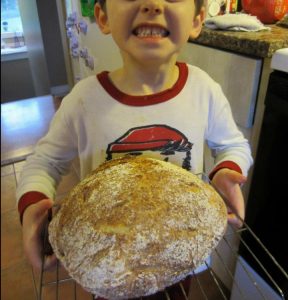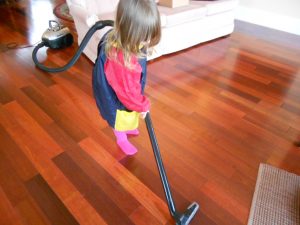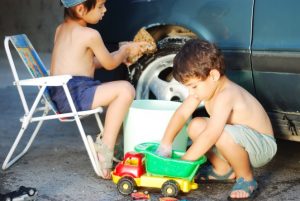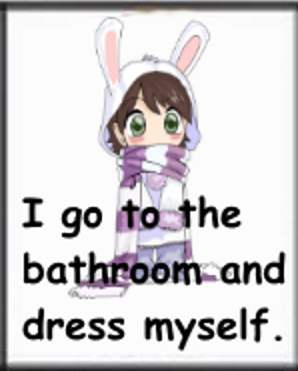 Today’s blog, Can Your Child Ask for Help? Can You?, has been inspired by Tara Kennedy-Kline, parenting expert and radio host of Parent Nation. Tara is also an author and speaker, and more than one million listeners have tuned into her show.
Today’s blog, Can Your Child Ask for Help? Can You?, has been inspired by Tara Kennedy-Kline, parenting expert and radio host of Parent Nation. Tara is also an author and speaker, and more than one million listeners have tuned into her show.
This morning, Tara posted a rant and a question. We might not have an answer, especially because thinking about it leads to more questions!
It’s so strange to me…as parents, we will not think twice about sending our children to dozens of coaches and teachers and “masters” throughout their childhood who teach them to be better, smarter & more proficient in anything they (or we) deem important, yet to even suggest that a parent seek advice from a coach, teacher or expert in parenting?! “Well that’s just offensive!”
So let me get this straight: Your kid needs years of coaching to learn how to be a cheerleader or throw a ball…but raising the next generation of humanity? Nah…that comes naturally, just do your best and hope they turn out ok.
**sigh**
We all want to do our best, but why do we accept it’s okay to ask for help in some areas but in others, it’s a sign of weakness? Where do these expectations come from anyway? For myself, I find it hard to ask for help when it might look as though I am stupid or incompetent. Why do I think I’m “supposed” to know somethings and not others?
Young children will develop expectations all too soon. In the meantime, for them, the concern is do they know how to ask for help? Remember, they don’t have all the words we have and their language is pretty basic. Being able to ask questions is a critical self-help skill.
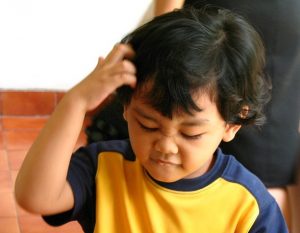
One of the most important things we can do is let our children hear us asking for help. They need to hear these words. They also need to know it is okay to do so. Apparently, kids ask about 300 questions a day. It’s so hard to answer them, especially when we have given the same answer over and over. When we do take a minute, kids develop their confidence and trust.
For a play-of-the-day, have some fun asking—and answering, questions. Even if you answer yourself. “Can someone help me find my glasses? Oh, look. I found them. I helped myself. Thank you, Self.” Part of the magic of childhood is based on wonder. “Sky, why are you blue?” Can your child ask for help? Can you? Do you still have the wonder of a child?”
Do you have questions about kids, early learning, and play? Send them to me at: teacher@123kindergarten.com. We’ll find answers.

